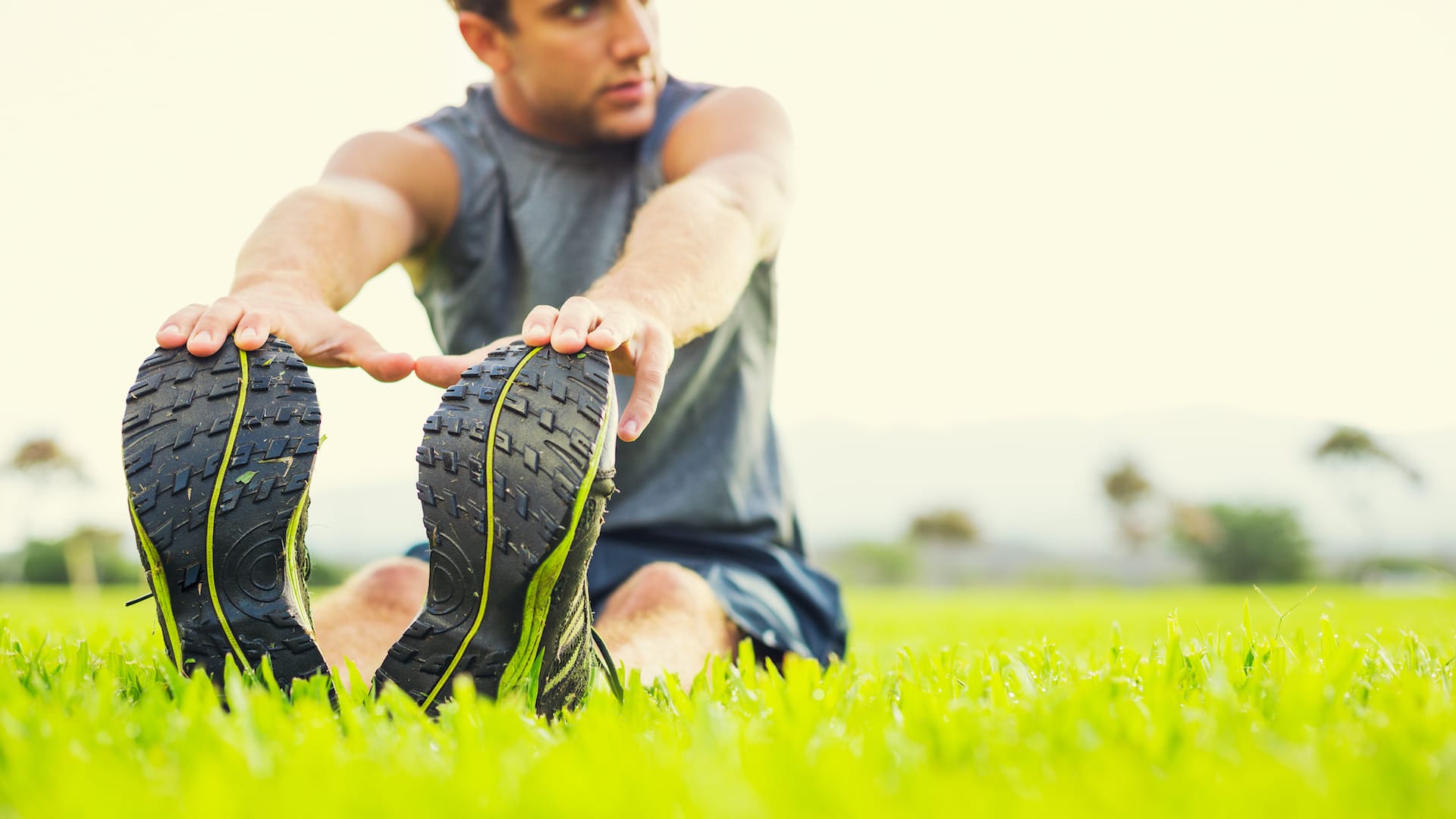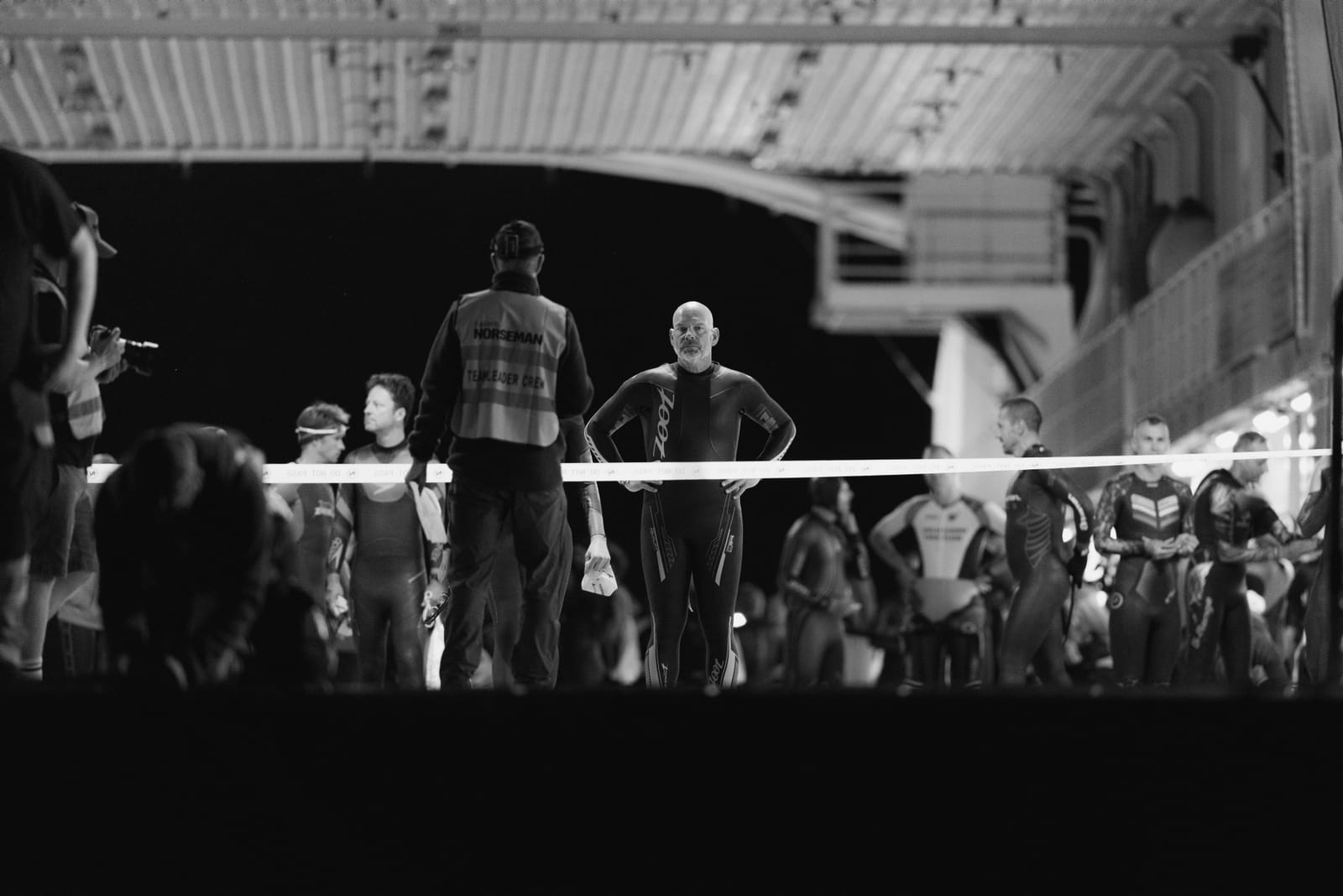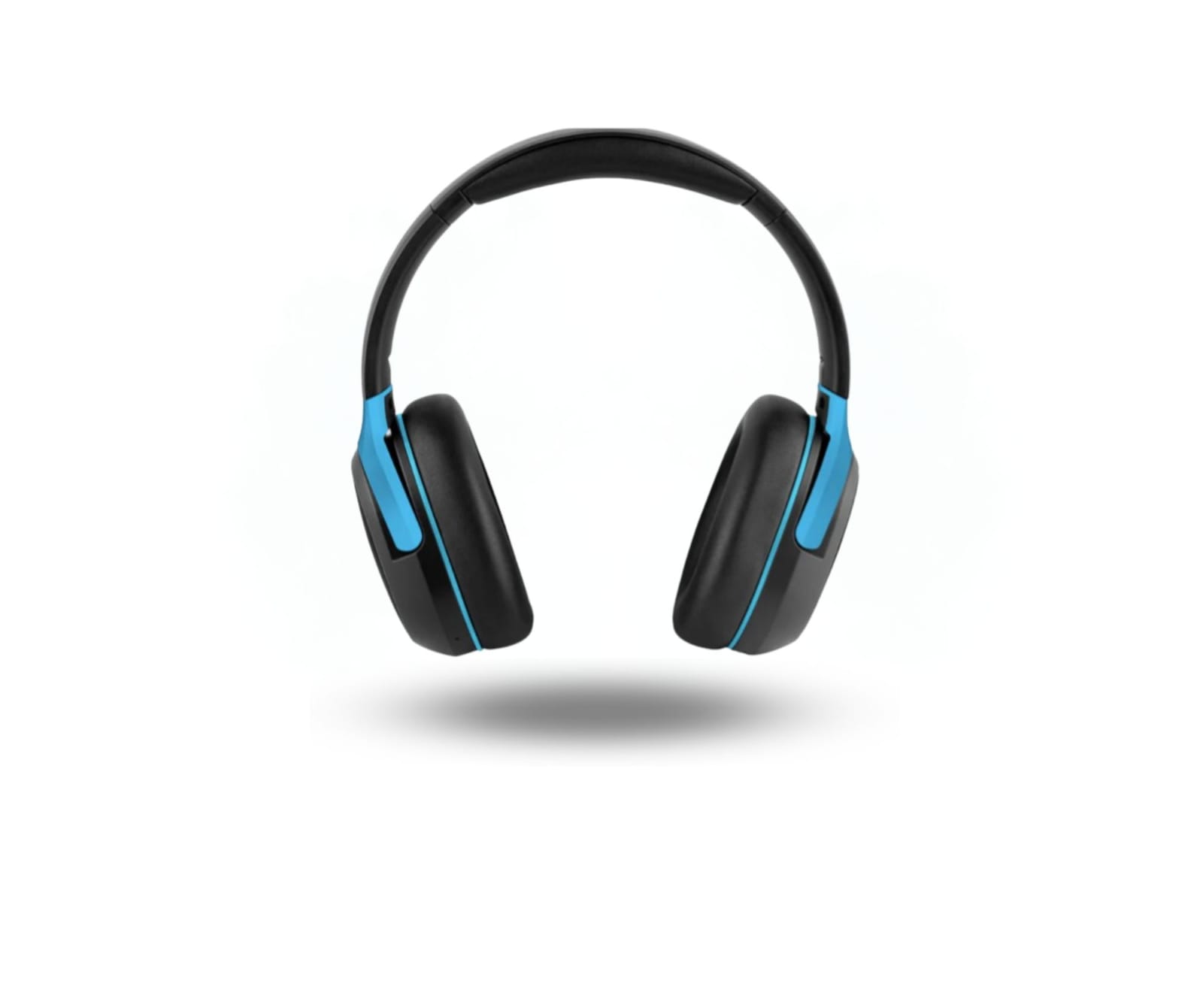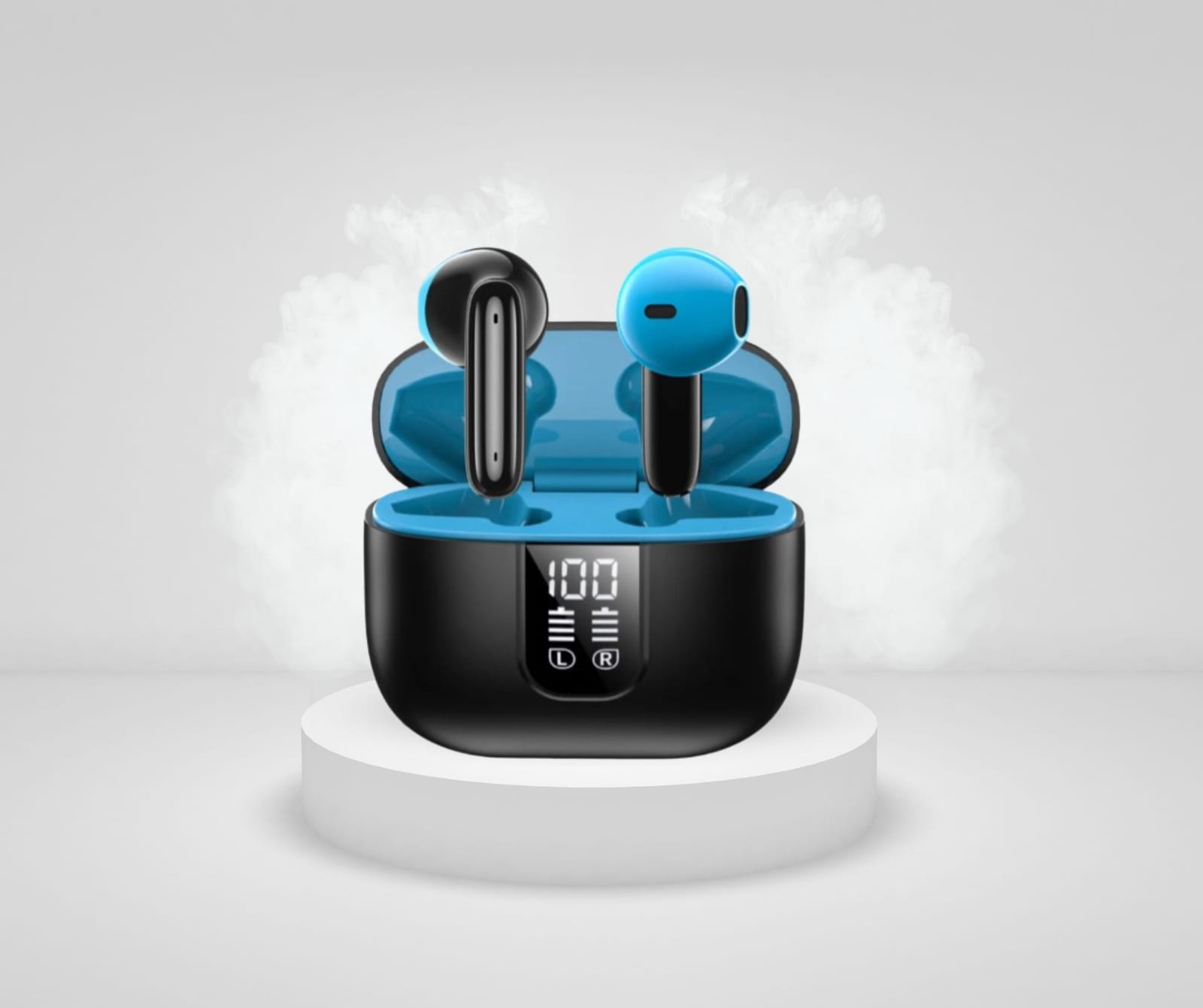While taking a leisurely stroll on the beach the other day, I watched a dog running around like a mad thing with what looked like the biggest smile on its face. Have you ever watched a dog after it exercises like this? Generally, after eating and drinking, it will curl up and have a good long sleep.
This kind of behaviour applies to almost everything in the animal kingdom. Animals exercise while they look for food or just for fun, and then they find somewhere to rest for extended periods. They are very much in touch with what’s around them and instinctively know what they need. They inhabit their core being and listen to the messages that surface through an innate intelligence.
Humans, however, have lost this ability and it’s a huge problem, especially for athletes. I see it time and again leading to self-destruction.
Let’s take a closer look at athlete recovery for instance. This is a bit of a generalisation but as a coach over the last 20 years, I have noticed some key patterns shared by scores of athletes. We dig ourselves a damned big hole a lot of the time and waste many hours, months or years trying to find a way to dig our way back out.
Lets look at the way an athlete exercises as compared to animal world. We will exercise to near exhaustion, come home and quickly grab something to eat before getting the guilts and mowing the lawn or washing the car, going internally through all the things that need to be done.
Then we scrap that nap that we desperately need, short-cut that protein mix in the first 30mins that we know full-well we need but there just isn’t time today, is there? Instead, we head off to go shopping or go to the bank. Just one more thing to squeeze in before eating dinner. Later in the evening when we start feeling like going to bed, we push that back and sit down to work some more on that thesis for that 4th bachelor degree that we don’t need or the short course to better our career – before finally hitting the sack at 1am. After all, just imagine how good it will be to have completed that thesis or course.
The athlete then continues this vicious cycle until he or she breaks down through sickness, injury, or both. This then starts the usual run-around to the doctor’s surgeries, in the hope of finding out what could possibly be wrong with them. Another battery of blood tests follows the last lot you had 4 months ago, and a merry-go-round of looking at what is happening right now without ever looking at the real cause. Often more than not, athletes are completely unaware of the real cause.
Eventually at their doctors’ behest they will be forced to rest in order to let this strange viral problem they believe subside. After extended rest training resumes, and after having lost their form, they will internally promise themselves that this time they will be more resilient and tough, commit to training even harder – and the whole cycle repeats itself all over again.
This pact that the athlete makes with themselves ensures that the end result is even more self neglect, injury, and sickness. After this cycle has turned itself over and over, the end result is chronic sickness or injury that often leads to anxiety, depression and chronic fatigue. This is basically a short list to self-destruction born of a self–ignorance that the animal kingdom is completely free of.
Meanwhile, the animals of this world have had their exercise, have had their joy through play for the day. They’ve had their fuel and complete rest. They have listened to the instinctual messages being sent through the day to fuel, exercise, rest and sleep. They have managed day in and day out to manage cortisol levels, getting up each day and continue their journey in life. Animals spend their days throughout life completely relying on the messages sent to them naturally by instinct.
Now, which do you think is the more intelligent organism, and what can we learn from this? We get the same messages, animals just don’t suffer self judgment in the same way we do. They don’t suffer from this endless drive to do more. What is the causative agent of this cycle of human exhaustion?
Why are we so frightened to listen to and act on our own direct feedback? Why are we so scared to trust ourselves? We seem hell-bent on outsourcing even our most basic signals. Someone or something else must know me better than I know myself, they must know how I should recover! Increasingly, athletes believe that surely the key to our recovery and success must come from some sort of measuring device/system that comes from outside ourselves.
We must try to start seeing how insane this is. We are completely disconnected and as a consequence we want some outside entity to own our own recovery. We want to outsource the very information that is already present, a more innate intelligent feedback system does not exist. If we think we can find the answers in a computer system we are kidding ourselves, and buying into a marketing campaign that relies on this is unconsciousness and extremely limiting.
If we truly want the best from ourselves, then we need to start listening to our own internal signals, not someone else’s.








